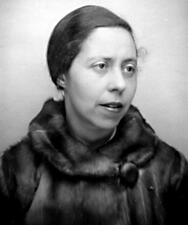Jewish History
Lenore Guinzburg Marshall
Lenore Guinzburg Marshall, novelist, poet, activist, and literary editor, pushed her publishing company to publish William Faulkner’s The Sound and the Fury after it had been rejected by twelve other publishers. She published her first novel, Only the Fear, in 1935 and her first poetry collection, No Boundary, in 1943, going on to write poetry, novels, short stories, essays, and a memoir.
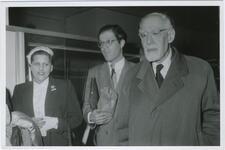
Lilli Marx
Born in Berlin, Lilli Marx emigrated to England as a young adult but returned to Germany, where she helped institute a national Jewish weekly newspaper and worked to create a dialogue between German society and the Jewish community. She contributed to the creation of several Jewish organizations, notably the League of Jewish Women, and continued to work in social work until her death.
Irma May
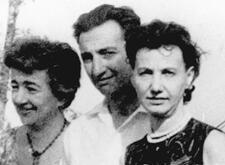
Vladka Meed
Vladka Meed was an underground courier who smuggled weapons to the Jewish Fighting Organization inside the Warsaw Ghetto while passing as a Christian outside its walls. In 1948 she published a memoir about her experiences, On Both Sides of the Wall. Meed received many awards for her work in Holocaust education and memorialization.
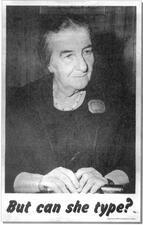
Golda Meir
A direct, no-nonsense politician who participated in Israel’s governance from its independence onward, Golda Meir served as Israel’s first female Prime Minister through the turbulent period of the Yom Kippur War.
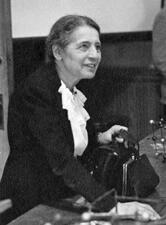
Lise Meitner
Lise Meitner’s influential work concerning radioactivity in the early 20th century made her a target of the Nazis. She fled to Sweden in 1938, and it was there that she discovered the power of the fission reaction. Even though Meitner never worked on nuclear weapons, her 1939 research was essential in the research of nuclear power.
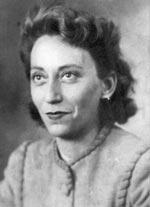
Jacqueline Mesnil-Amar
Jacqueline Mesnil-Amar struggled between her allegiance to French culture and her identity as a Jewish person. In her published journal, she perceptively documented the abandonment of French Jews during the Holocaust and the struggles of assimilated French Jews.
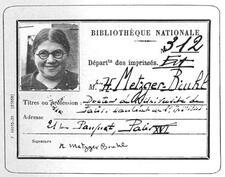
Hélène Metzger
Hélène Metzger was a French historian of chemistry and a philosopher of science, whose work remains influential today. Her independence and drive brought her great recognition, despite the lack of credibility given to her as a woman.
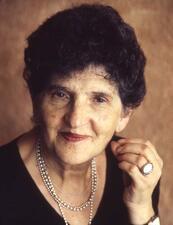
Mexico
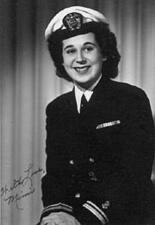
Miriam "Mimi" Miller
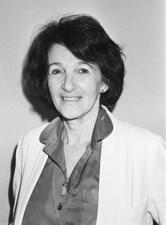
Marga Minco
Marga Minco (b. 1920) is a Dutch writer famous for her literary work relating to the Holocaust and for her economical use of words. Both topic and writing style have made her work unique.
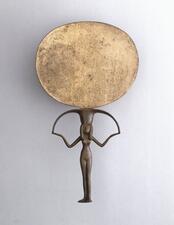
Ministering Women and Their Mirrors
Women who ministered at the entrance of the Tabernacle gathered around to donate their copper mirrors (Exodus 38:8), which were then smelted down to make the basin where the priests would wash before entering the sanctuary. The women may have served as guards, warding off evil with their mirrors. Midrash, however, conjectures that the women used these mirrors to seduce their husbands in Egypt, raising up the hosts of Israelites.
Mizrahi Feminism in Israel
Mizrahi feminism goes beyond the typical western scope of feminism to include the history and issues that concern women in the Middle East in Israel and in Arab and Muslim countries. An intersectional feminism, it is particularly sensitive to issues of race, class division, immigration, and ethnic discrimination.
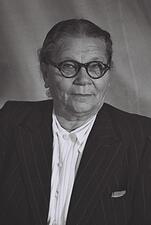
Mo'ezet Ha-Po'alot (Council of Women Workers)
The Mo’ezet Ha-Poalot was founded in 1921 as the women’s branch of the Histadrut, the General Federation of Workers in mandatory Palestine. In the name of women workers, the organization struggled for many years for equality in the eyes of the Histadrut, though it ultimately came to represent more broadly the interests of Jewish women in Palestine and Israel, including immigrants and housewives.
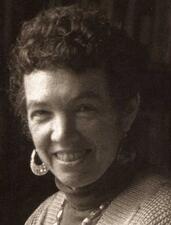
Deborah Dash Moore
Deborah Dash Moore is a leading scholar of American Jewish history. Her influential work has focused on both urban and visual Jewish history in locales from New York to Miami to Los Angeles. A prolific interpreter of Jewish and American culture, Moore has played a key role in making American Jewish history a recognized subfield in the academy.
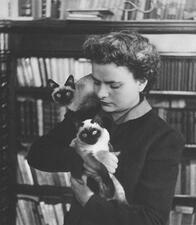
Elsa Morante
Elsa Morante (1912-1985) was an Italian author whose writing often addressed persecution and injustice. After fleeing Fascist authorities during World War II, Morante traveled extensively while continuing to write prolifically; she later won the Viareggio literary prize, Strega Prize, and Prix Medicis.
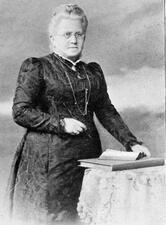
Lina Morgenstern
In the face of formidable anti-Semitic opposition, Lina Morgenstern was a highly successful feminist author, educator, and peace activist who was supported by many, including the Prussian Empress Augusta. In 1896 she organized the first International Congress of Women in Germany, which was attended by feminist leaders from all over the world.
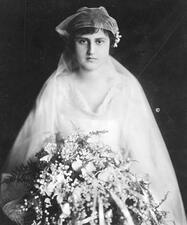
Elinor Morgenthau
Elinor Morgenthau’s accomplishments were largely invisible, as she helped her husband, Henry Morgenthau, Jr., rise to great heights in Franklin Delano Roosevelt’s administration. Because of her sharp political and social skills, she often filled in for her husband, and eventually she became Eleanor Roosevelt’s assistant in the Office of Civilian Defense.
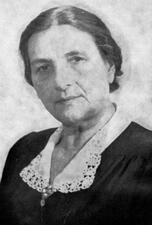
Moshavah
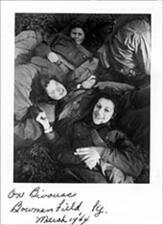
Yetta Moskowitz
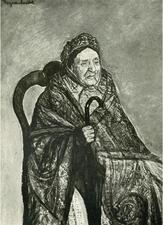
Regina Mundlak
Regina Mundlak was a skilled artist who exhibited her works in Warsaw at the Society for Promotion of Fine Arts and at the Aleksander Krywult Salon, and the Cassirer Salon in Berlin. She was interested in depicting Jewish life in the Diaspora, first through sketched portraits and later with oil paint. In 1942 she was probably deported from the Warsaw Ghetto to the Treblinka extermination camp.
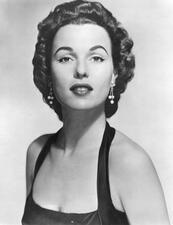
Bess Myerson
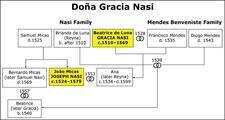
Doña Gracia Nasi
Doña Gracia Nasi was the embodiment of passionate solidarity among exiles. As a young woman she inherited her husband’s fortune, and fled from Lisbon to Venice to Ferrara, where her family lived openly as Jews for the first time. In Constantinople, she assumed a role of leadership in the Sephardi world of the Ottoman Empire.
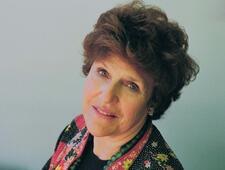
Joan Nathan
Award-winning journalist and cookbook author Joan Nathan is a transformative figure in documenting and exploring the evolving Jewish experience both in America and around the globe through the powerful lens of food. A long-standing contributing writer to The New York Times and Tablet Magazine, Nathan is the author of eleven books, as well as hundreds of articles, podcasts, interviews, and public presentations about Jewish, global, and American foodways.
